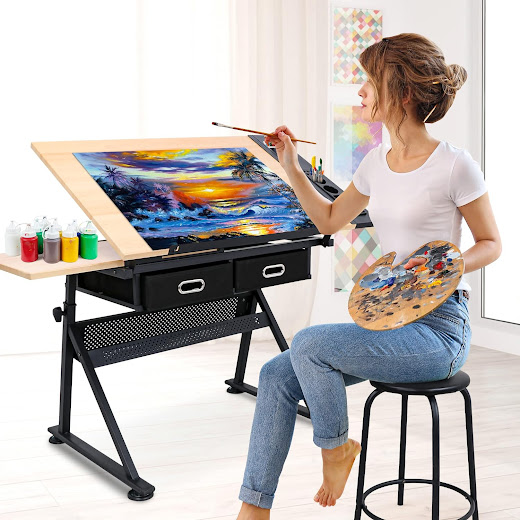The roles that art and craft play in a culture can be perceived as similar or different based on individual perspectives. While art is often associated with aesthetics and personal expression, craft is generally defined as a skill and knowledge passed down through generations to create functional objects.
Both art and craft play an essential role in shaping a culture's identity and preserving its traditions and values. Art can inspire social and political change, while craft maintains cultural heritage and promotes economic growth. Regardless of their differences, both art and craft can provide a unique insight into a culture's history, beliefs, and aspirations.
The distinction between art objects and craft items is a long-debated topic. While some argue that art pieces are more valuable due to their creative expression and unique concept, others contend that crafts, such as ceramics, textiles, wood, and metal, hold the same level of value. However, the classification of an item as art or craft often depends on the intention of the creator and the context in which the piece is presented. Ultimately, the value of a piece should be determined by the craftsmanship, technique, and aesthetic appeal, rather than its categorization.
As an artist, I have always found it intriguing that traditional craft media seem to have been largely segregated from other artistic disciplines. It is apparent that societal characteristics play a significant role in shaping this segregation. For many centuries, crafts were seen solely as utilitarian objects and were not considered as "high art." Furthermore, using traditional craft media demanded a certain level of skill that required years of training and practice, which was often seen as a less prestigious pursuit than painting or sculpture. Individual characteristics may also play a role in this segregation, as artists may feel more drawn to one medium over another based on personal interests and skills. However, it is important to recognize that traditional craft media carry a rich cultural and historical significance and should not be undervalued in the artistic world.
As an artist, I believe that the segregation of traditional craft media from other artistic disciplines can be largely attributed to societal and individual characteristics. Our society tends to categorize art forms into rigid hierarchies, placing those associated with traditional techniques and materials at the bottom. Meanwhile, individual artists may feel that working with these materials is too closely associated with "craft" rather than "fine art," and, as a result, avoid them altogether. This divide is unfortunate since these materials can offer a unique challenge to artists looking to expand their skills, and the results can be just as breathtaking as any other art form. It's time to break down these barriers and appreciate the beauty of all artistic disciplines, no matter the materials used.






















